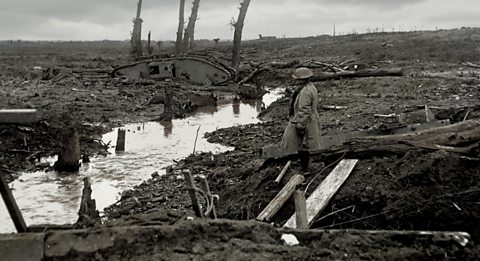Video summary
Pilots identify the different experiences of men in the air, recalling the greater individualism amongst pilots compared to the comradeship of soldiers on the ground, yet maintaining a chivalrous attitude towards their enemies.
They describe the realities of combat, the failed attempts to keep in formation and various other tactics used to down an enemy aircraft.
We hear about the experience of being shot down, and the view of the battlefield from the air.
This is from the series: I Was There: The Great War Interviews.
Teacher review prior to use in class is recommended.
Teacher Notes
Key Stage 3 and Key Stage 4:
The teacher uses this to stimulate a piece of writing on the impact of technology on the war.
Students are asked to identify the different ways aircraft contributed to the development of the war, and then to weigh up these roles against the contribution of men on the ground.
This contributor in this clip uses language that could be offensive when describing the Germans. It may be worth acknowledging this and discussing why this language was used at the time with your students.
This clip will be relevant for teaching History at KS3, KS4/GCSE, in England and Wales and Northern Ireland.
Also at Third Level, Fourth Level, National 4 and National 5 in Scotland.
This topic appears in OCR, Edexcel, AQA, WJEC, CCEA GCSE and SQA.
The Gallipoli campaign. video
Frank talks about fighting in the disastrous Gallipoli campaign in 1915.
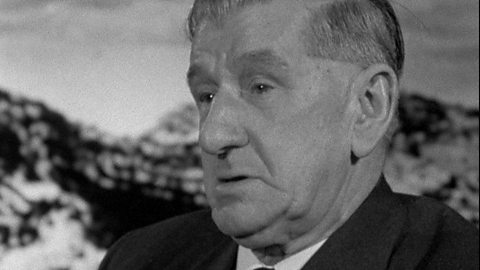
Fighting in the trenches. video
Stefan Westmann presents two contrasting experiences of the war.
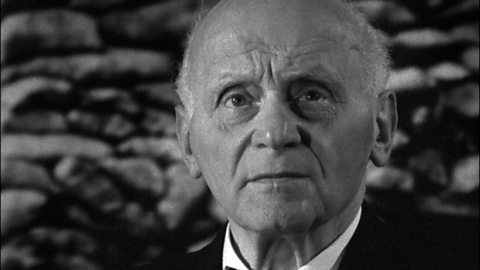
Death and survival. video
The experiences of a disillusioned soldier and the widow of a soldier killed in action
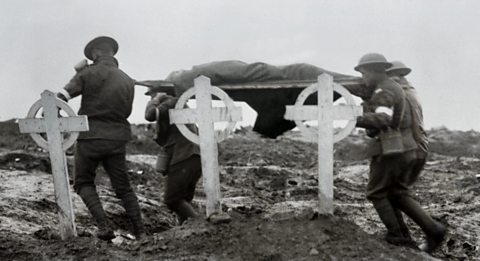
The Gallipoli campaign. video
Frank talks about fighting in the disastrous Gallipoli campaign in 1915.

Respite. video
How men could relax and forget about life on the front line when behind the lines and get some respite from the war.
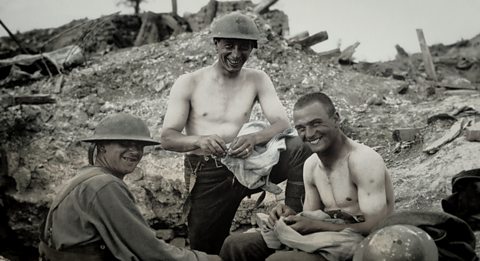
Attrition. video
The strains of war drove soldiers to desert their post or inflict a wound on themselves.
